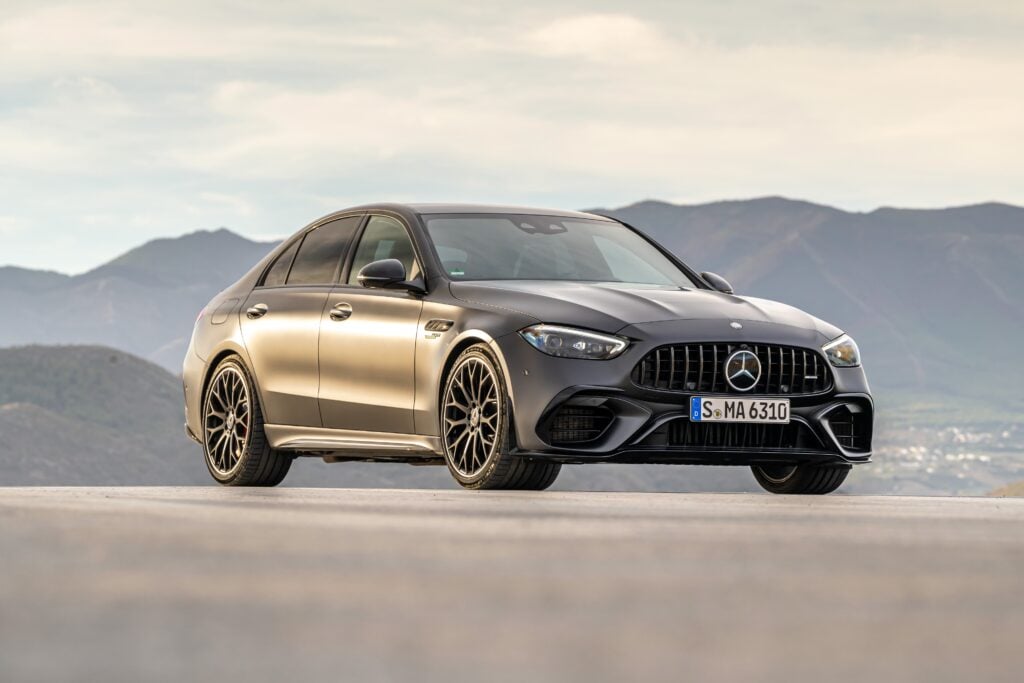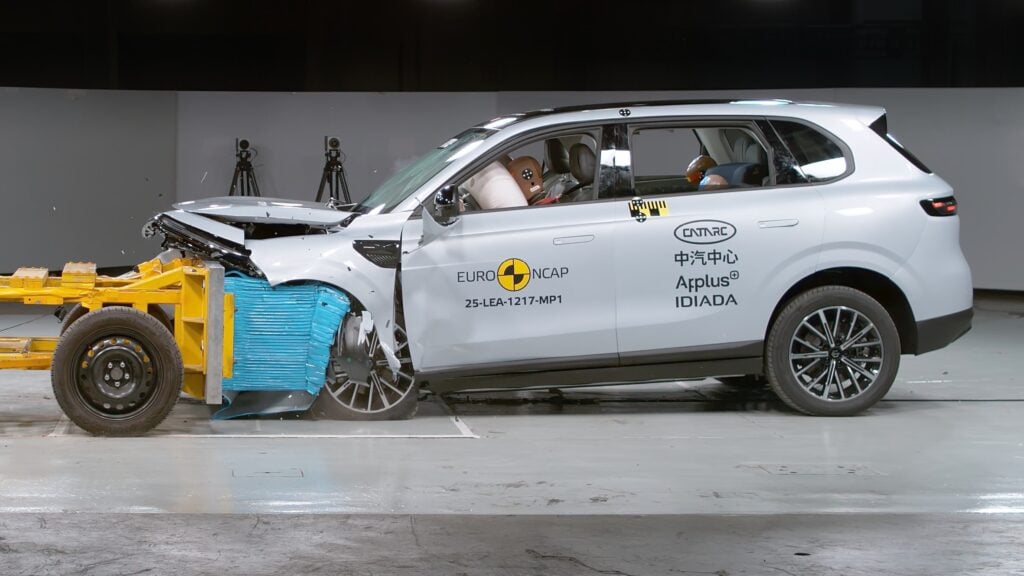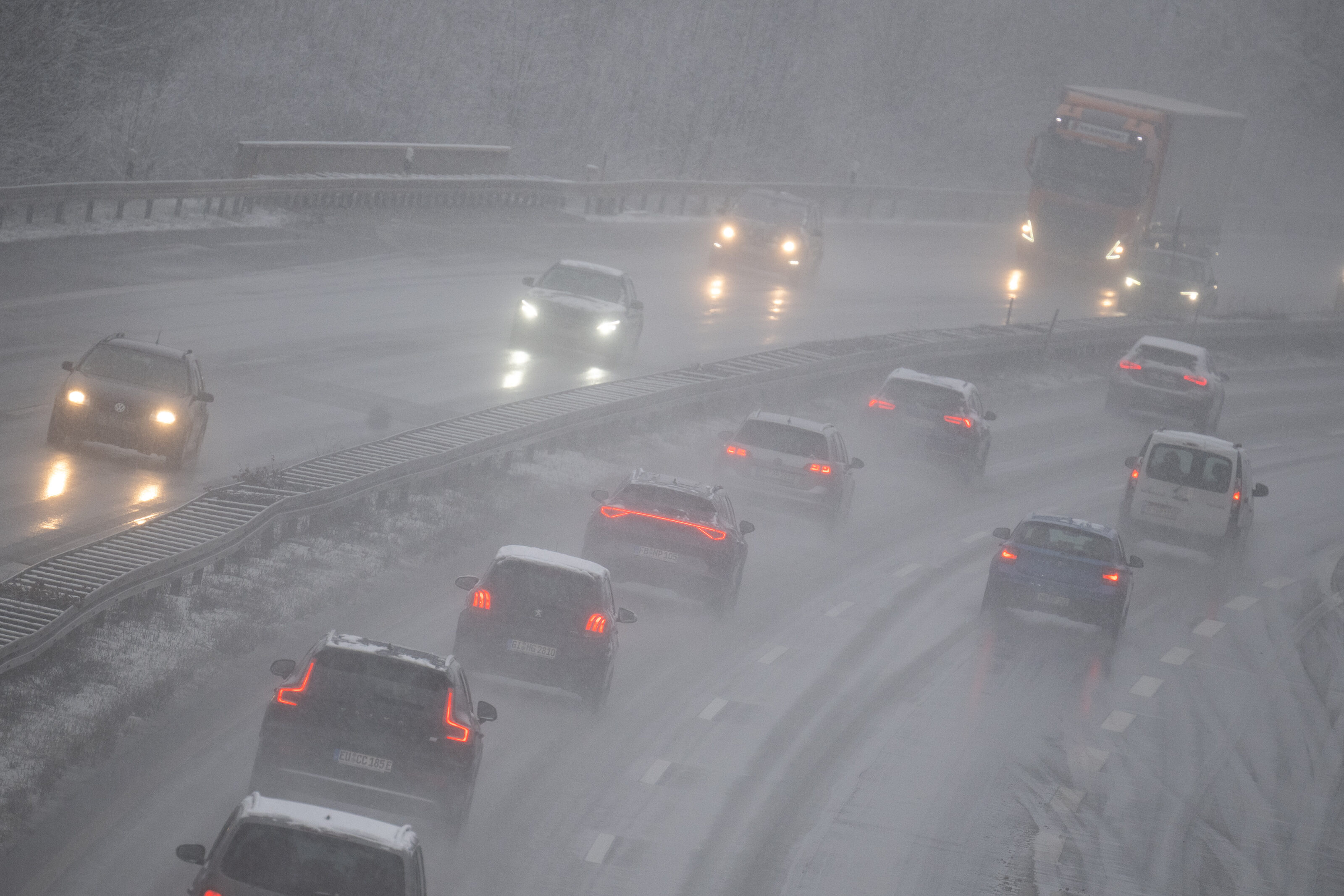
The internal combustion sports car has earned a stay of execution after the European Union (EU) backflipped on a controversial plan to ban all new petrol cars from 2035.
Under pressure by Germany and the country’s powerful auto lobby, EU lawmakers will permit new internal combustion models from 2036, provided they are powered exclusively by new carbon-neutral ‘e-fuels’.
E-fuel is a type of synthetic petrol made using renewable energy and carbon capture. Proponents argue the CO2 still produced has already been removed from the atmosphere, thereby making them carbon ‘neutral’, while some European campaigners have argued their own lab testing has proven e-fuels are no better for the environment than fossil fuels.
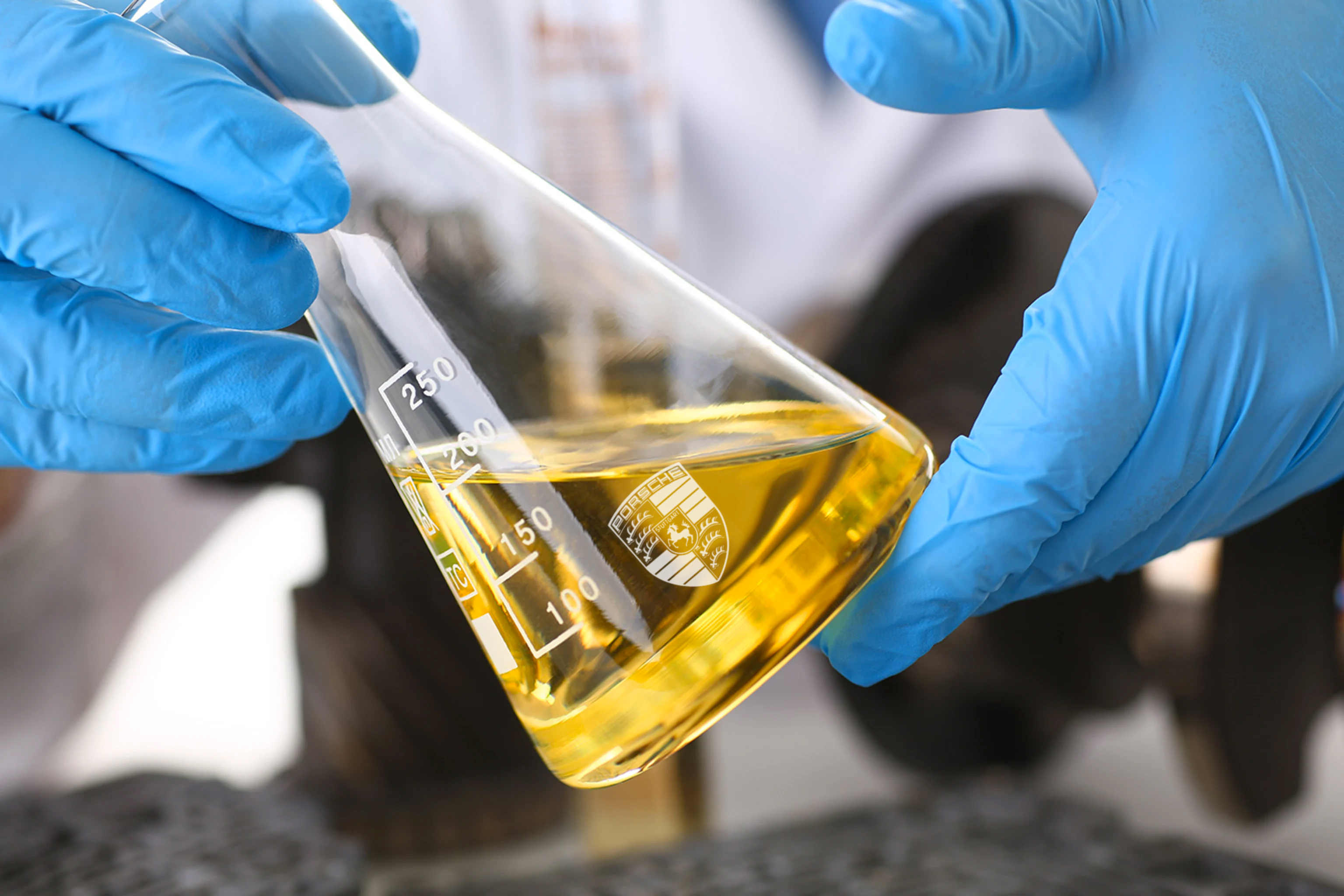
Until recently, all new internal combustion models – petrol and diesel – were facing a total ban from 2035 as the EU forced automakers to expensively shift their entire product portfolios to electric.
As well as electric vehicles, Porsche is investing heavily in e-fuels technology, its partner HIF Global having just opened its first e-fuel plant in Chile powered only by renewable energy – with plans to open another e-fuels plant in Burnie, northern Tasmania, by mid-2026.
The Germany-EU e-fuels agreement is a major win for Porsche and also Ferrari, and could preserve Stuttgart’s screaming flat-six, or Maranello’s high-revving V8, for decades to come.

“It is worth it?” said Porsche CEO Oliver Blume earlier this month. “I know no other possibility to decarbonise combustion engine cars.”
Ferrari CEO Benedetto Vigna welcomed the EU decision.
“The good news for us as a company is that on top of electric cars, we will also be able to go on with our internal combustion engine ones,” Vigna told Reuters.
“This decision is very interesting for us because it allows ICEs to go beyond 2036.”
Vigna said the company had already incorporated the e-fuels exemption into its forward product plans and expects 20 per cent of its range to remain internal combustion-powered by 2030.
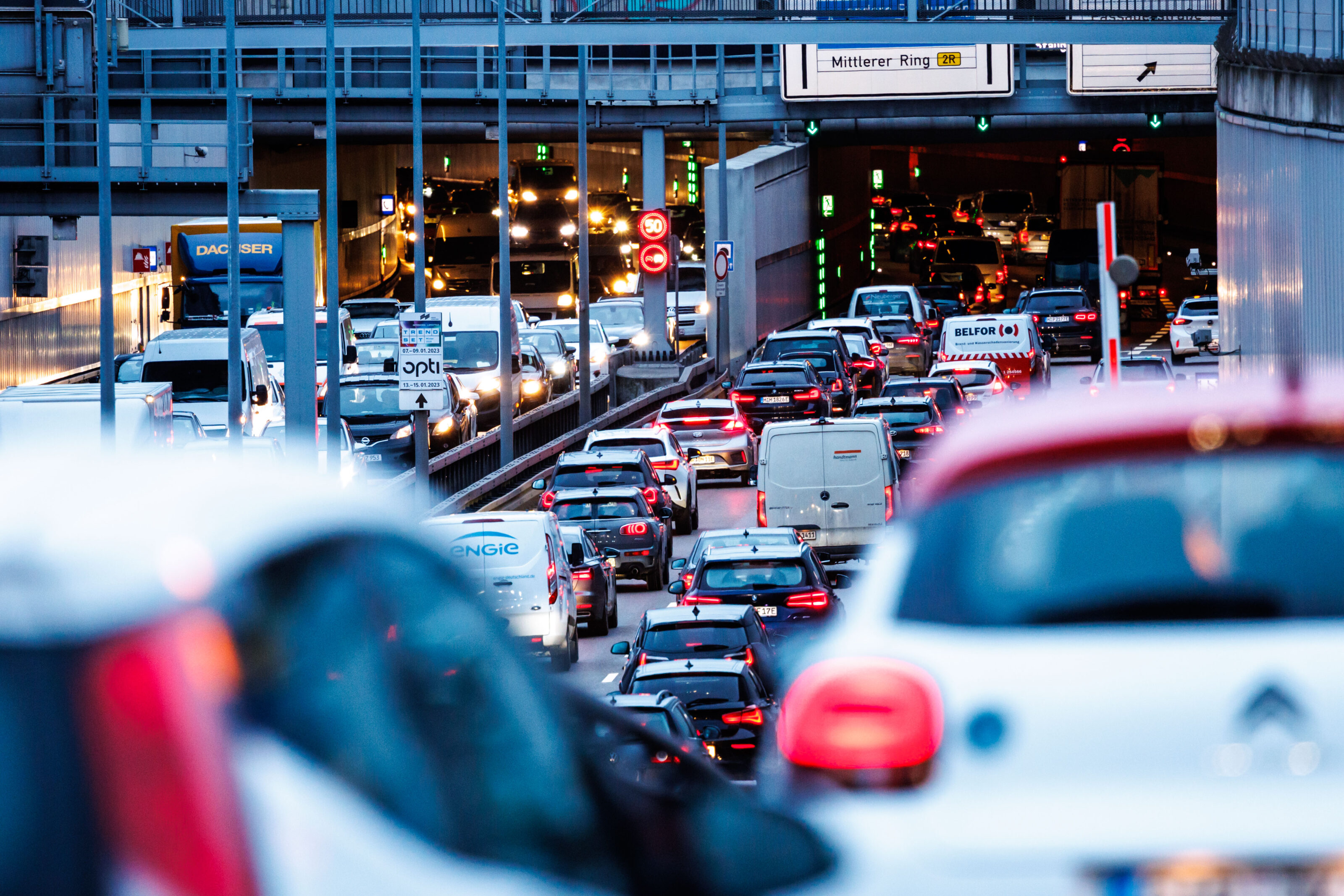
Italy, meanwhile, continues to push for an exemption beyond 2035 for vehicles powered by biofuel – internal combustion fuels created from different biomasses such as vegetable oils and animal fats.
“We are also showing that biofuels are zero-emission, hence there is no need to go into the technical details,” said Italian Prime Minister Giorgia Meloni last week. “If the technology hits the target, then you can use it.”
The Germany-EU e-fuels agreement was immediately met with scathing criticism from opponents who argue it dilutes the industry’s focus on shifting to electrification.
E-fuel advocates say renewably manufactured synthetic petrol is simply another useful means to reduce man-made carbon emissions, which the scientific community warns will catastrophically change the climate by the end of the century – if not addressed with critical urgency.
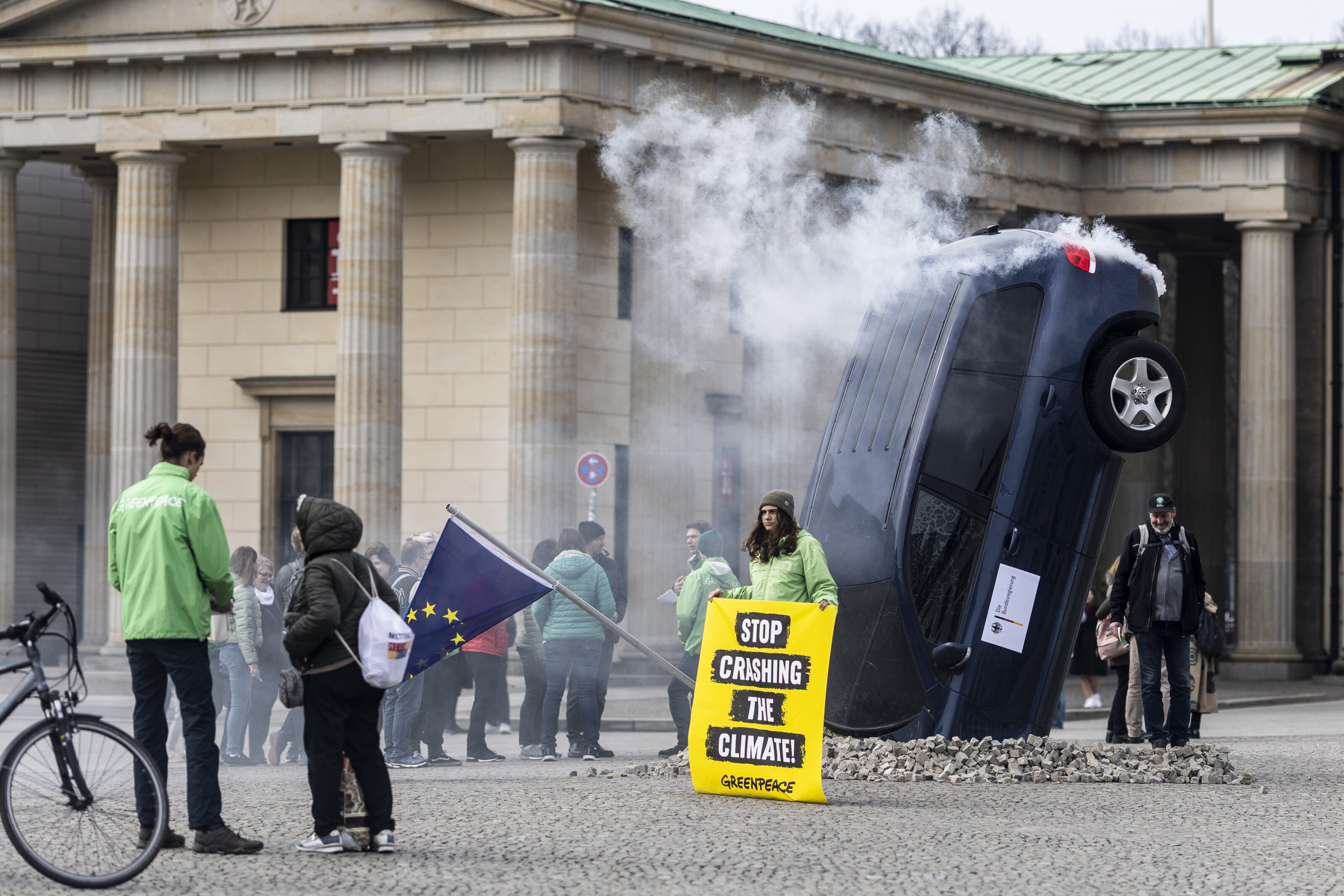
It remains to be seen whether the Germany-EU e-fuels agreement also means the current EU-mandated fuel economy figures would be dropped – doing away with smaller-capacity engines and turbochargers.
The shift invariably affects Australia, with the world’s largest automakers making their product decisions based on the regulatory environments of their largest markets. The laws of Germany and the EU will naturally determine the future of Porsche products, for example.
The new agreements could also pave the way for classic vehicles to remain on European public roads for decades, provided an e-fuel variety powers them.
Experts estimate a litre of e-fuel will cost about $3/litre by 2030.
We recommend
-
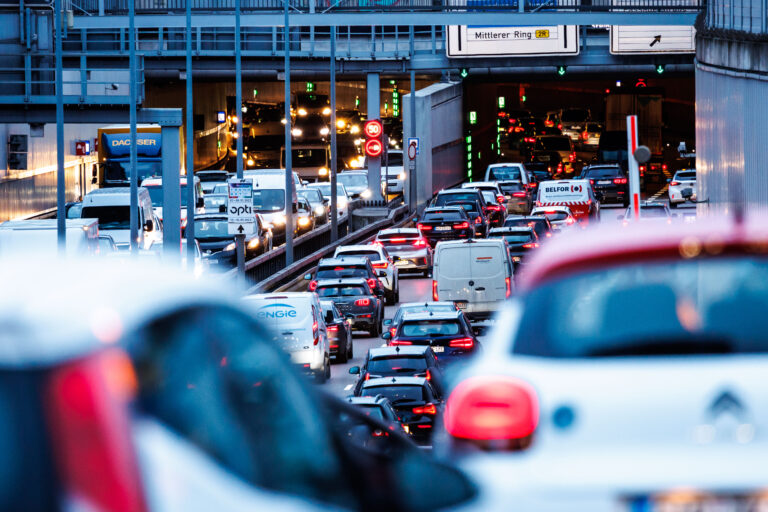 News
NewsEU drafts plan to allow e-fuel combustion cars beyond 2035
The EU has conceded to Germany in drafting provisions to allow the post-2035 sale of cars powered by synthetic fuels
-
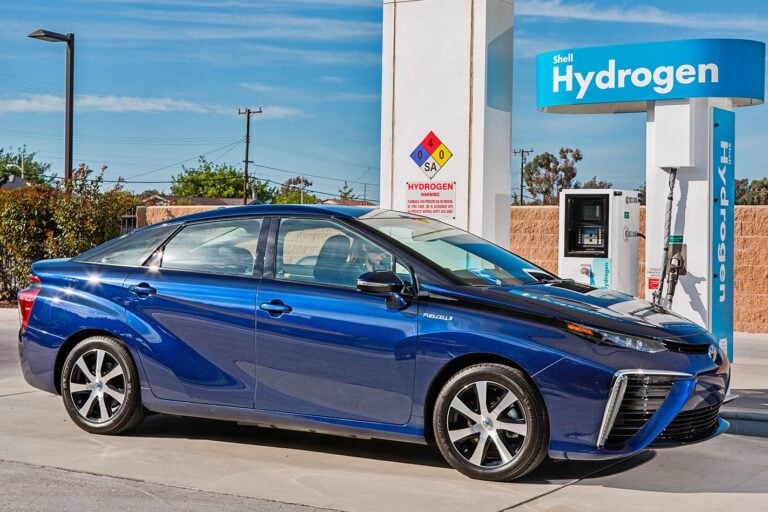 News
NewsGermany wants EU to support hydrogen and combustion engines after 2035
Germany is asking the EU for a little leniency for phasing out the combustion engine after the 2035 new-car ban
-
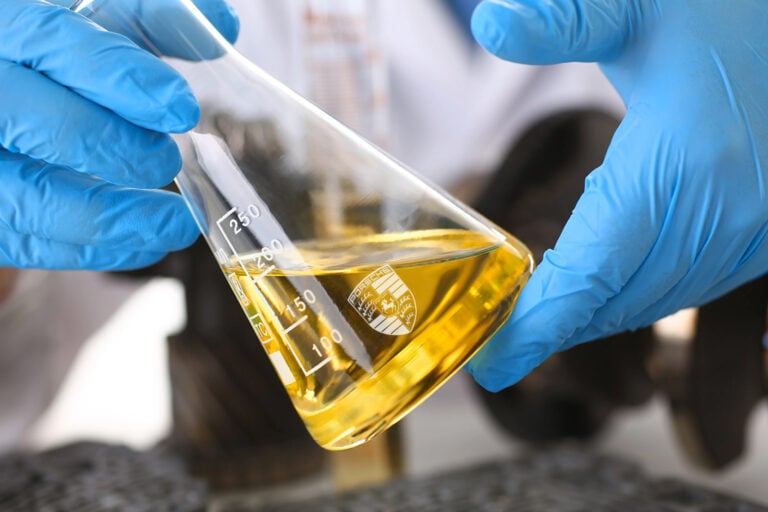 News
NewsPorsche to build Australian efuels plant in Tasmania, operational from mid-2026
A multi-million-dollar investment will result in carbon neutral synthetic fuels being produced in Australia


